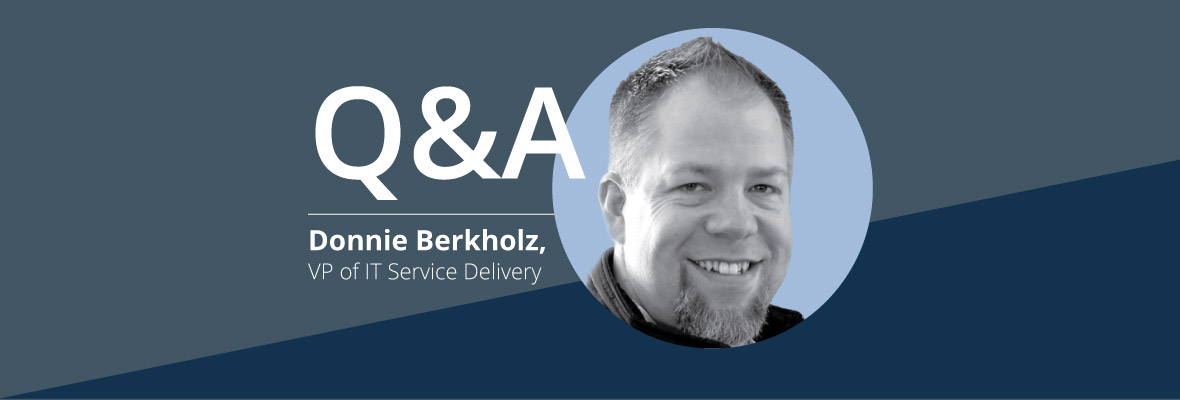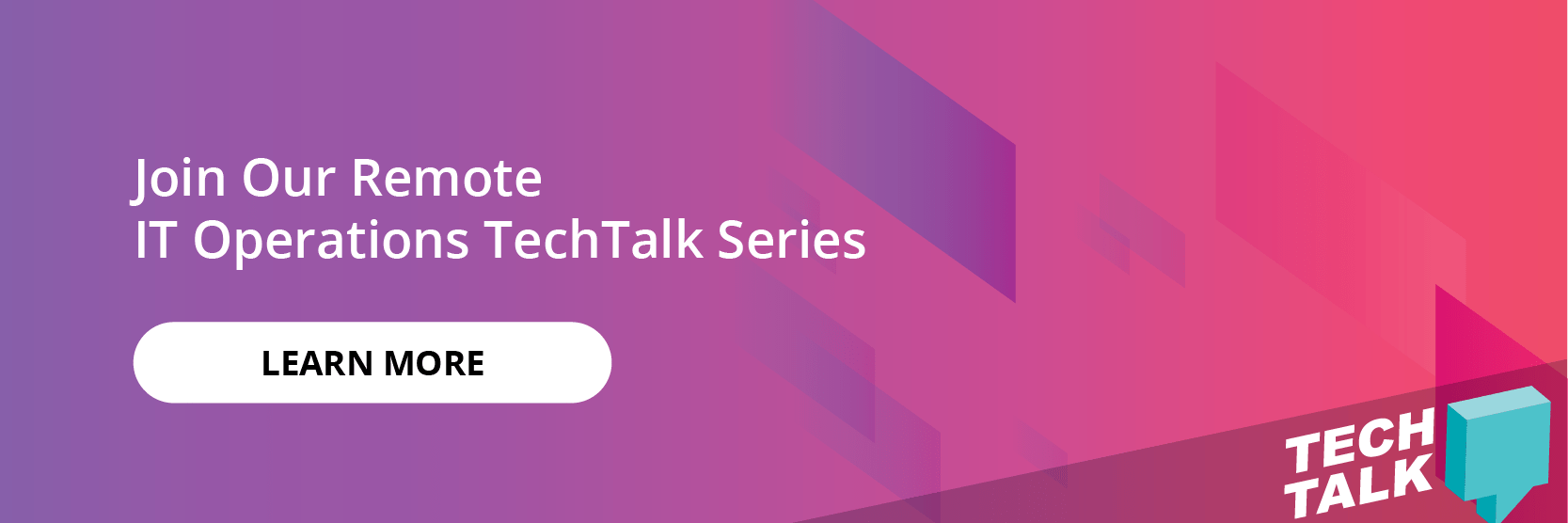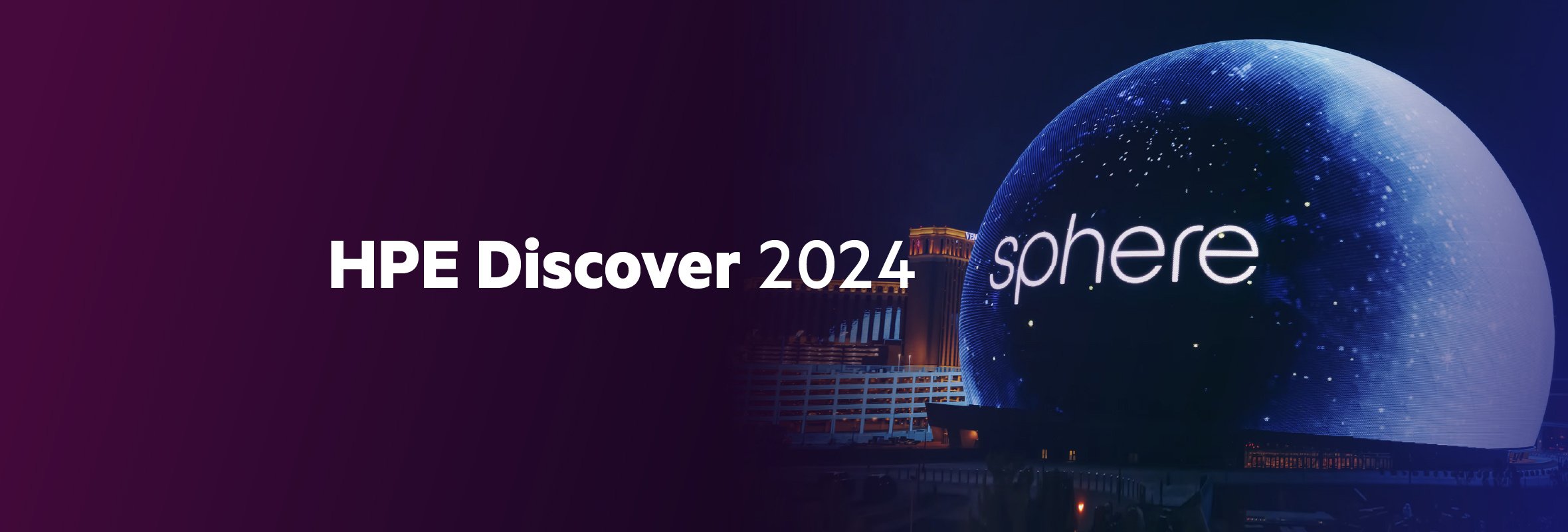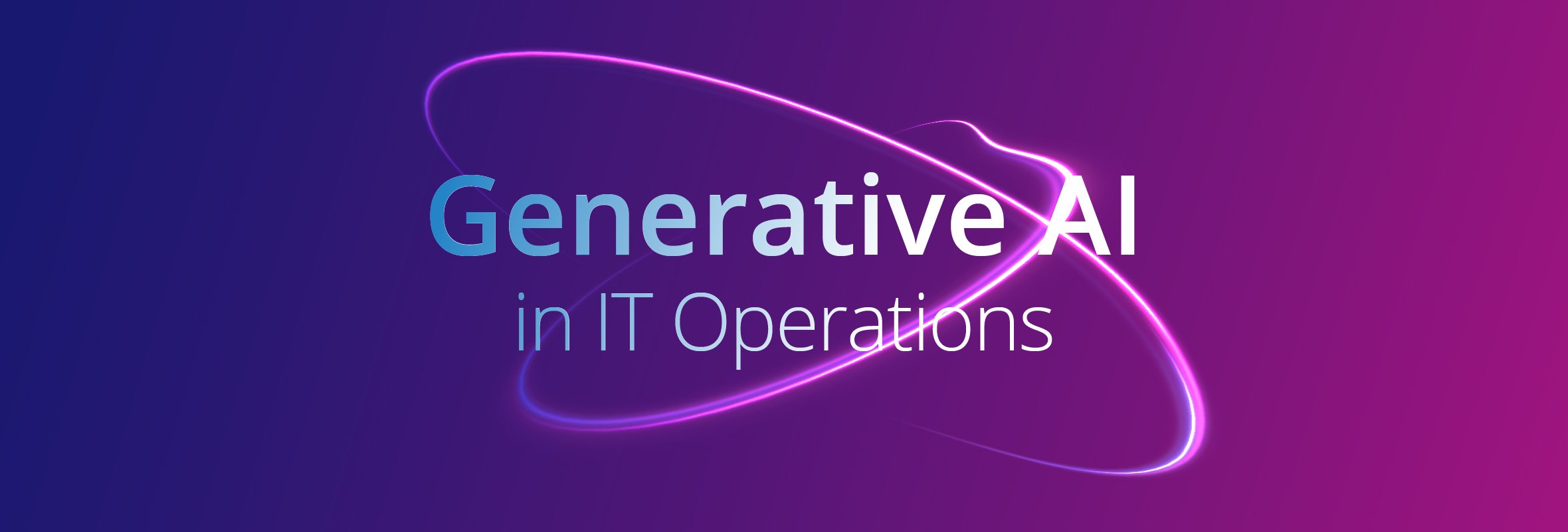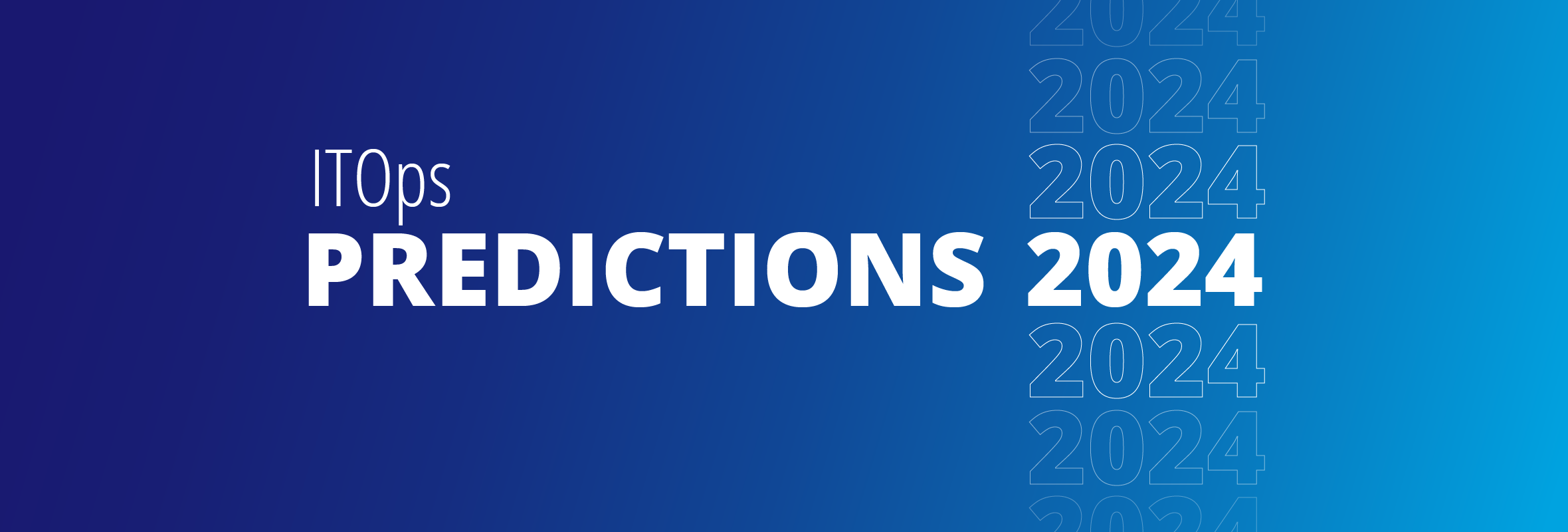Donnie Berkholz is a VP of IT Service Delivery and comments frequently on trends in IT infrastructure in his newsletter. We talked to Donnie about his typical day on the job, his initiatives in self-service platforms and product management and his take on top infrastructure management trends such as AIOps and Kubernetes.
In this article:
- What new skills are required when adopting self-service and automation in IT operations.
- How a “dojo” can further DevOps success.
- DevOps capabilities every IT operations team should adopt.
OpsRamp: What does a day in your life look like?
DB: I oversee the apps and platform operations group, the IT service desk group and IT service management (ITSM). My day is about making sure all these teams are productive and making progress on all initiatives. I help all of our groups, including the leadership team, move toward our vision in areas like design thinking and product management. I’m always trying to pull in the best kind of knowledge externally, to ensure we are looking at trends in software, infrastructure, and Ops and Dev and pulling in the ones that make most sense for us. In my past career as an analyst, that was a big part of my role. The focus on sharing and learning from others is very important to me: how we engage more with external communities, going to meetups, conferences, and building relationships across our tech organization.

"If you aren’t thinking about instrumentation and improved user experience, you’re going to be in a tough spot. All these groups are under a lot of pressure to improve how they are doing things, and you can't do it by working harder. You’ve got to think differently" - Donnie Berkholz.
OpsRamp: Can you share some of the big ideas your teams are working on now?
DB: I’m thinking a lot about how to move from a bunch of different hand-offs and queues to an environment that’s more self-service and platform-based. Instead of the work sitting in a production line with 17 different stations, you can push a button and push it through to the next stage. We also want to adopt a product management approach, enable data-driven decision making, and build an engineering culture with automation and scripting skill sets. Finally, we are interested in design thinking to incorporate the user experience.
OpsRamp: Will some jobs go away as a result of self-service operations?
DB: Jobs are actually getting more challenging because it's harder to provide a really good automated user experience than doing it all yourself. You need to invest in new skills, such as design thinking and data analysis. You may have a team responsible for deploying VMs and they’re really good at that. But if they don't see how they fit into the bigger picture, they can't prioritize their work. The bigger picture may be creating a whole new app for the company. So everyone needs an understanding of how all the teams hook them together into the same automated process. DevOps is really about collaboration and how you work together more efficiently.
OpsRamp: What's worked well in DevOps collaboration for you?
DB: I always look to the Annual State of DevOps report to understand what are the most important practices to adopt. Even in a large company, you can build grassroots connections and a bottom-up approach to directly connect the people doing the work. The concept of a dojo is where you bring a whole team together to work in one place, with side by side mentors, for a month or so. Afterward, people can bring those practices back to their offices. It’s also important to have the right tools, whether it's Slack or any other chat tool. The idea is that people can opt-in instead of being invited, join whichever topics they want and have ongoing asynchronous conversations around the world. Then you need a way to collaborate effectively around the code. Pick your favorite source code system. Couple that with community-oriented events such as internal conferences and continue to build the momentum around conversations.
OpsRamp: You mentioned adopting a product management approach. What’s involved?
DB: An important part of product management is effectively listening to customers and users about their issues and taking that feedback to decide what to build and how you can experiment. But product managers need to make the translation. It’s not building literally what users ask for but figuring out what they need and how that translates. Then you do lightweight prototypes to make iterations cheap and fast. “Inspired” by Marty Cagan is a great book for this.
OpsRamp: Let’s discuss AIOps. There’s been a lot of buzz that AI and machine learning will change how IT systems are monitored and managed forever. What’s your take?
DB: I see this as really a supplement to existing products. AIOps is uniquely suited to anomaly detection, predictive analytics, and seasonal forecasting. The big value is in learning about unknown unknowns and to understand what normal looks like. With dynamic alerting you can see what is unusual or likely to change from the present state. While there is lots of promise, AIOps will never solve business needs. It can’t tell you what should be the target for things like user request rates, latency, error rates; that’s based on feedback from users. But it can tell you when things are weird.
OpsRamp: There’s been a lot of investment in Kubernetes in the last year and a growing demand for Kubernetes skills. What’s the real potential here?
DB: The challenge is always trying to differentiate on where vendor ecosystems are and is there a viable commercial market. Kubernetes has a large ecosystem and over 100 tools. To me that seems like nobody has found an answer yet. We need a way to solve common issues like elastic infrastructure and service discovery. Developers just want to get their app out there and solve user issues. They don't care about the infrastructure as long as it doesn't get in their way or make things too complex. It seems like things are moving toward serverless but I’m also seeing pushback for this and Kubernetes due to complexity. Are people just jumping on the bandwagon?
OpsRamp: How about DevOps and ITOps. Are these disciplines coming together?
DB: The CALMS model (Collaboration, Automation, Lean, Measurement and Sharing) is critical for IT operations. In the first generation of DevOps, operations people had to learn how to code and then developers had to take more ownership of operations and get out of the reactive mindset. Now we are working with scripting and APIs and sending alerts to the right teams. If you aren’t thinking about instrumentation and improved user experience, you’re going to be in a tough spot. All these groups are under a lot of pressure to improve how they are doing things, and you can't do it by working harder. You’ve got to think differently.
Next Steps:
- Watch our TechTalk Webinar on 4/8, Getting to a Hybrid IT Strategy with OpsRamp.
- Closer Look: Intelligent Infrastructure Monitoring.
- Read Digital Enterprise Journal’s review of OpsRamp.
